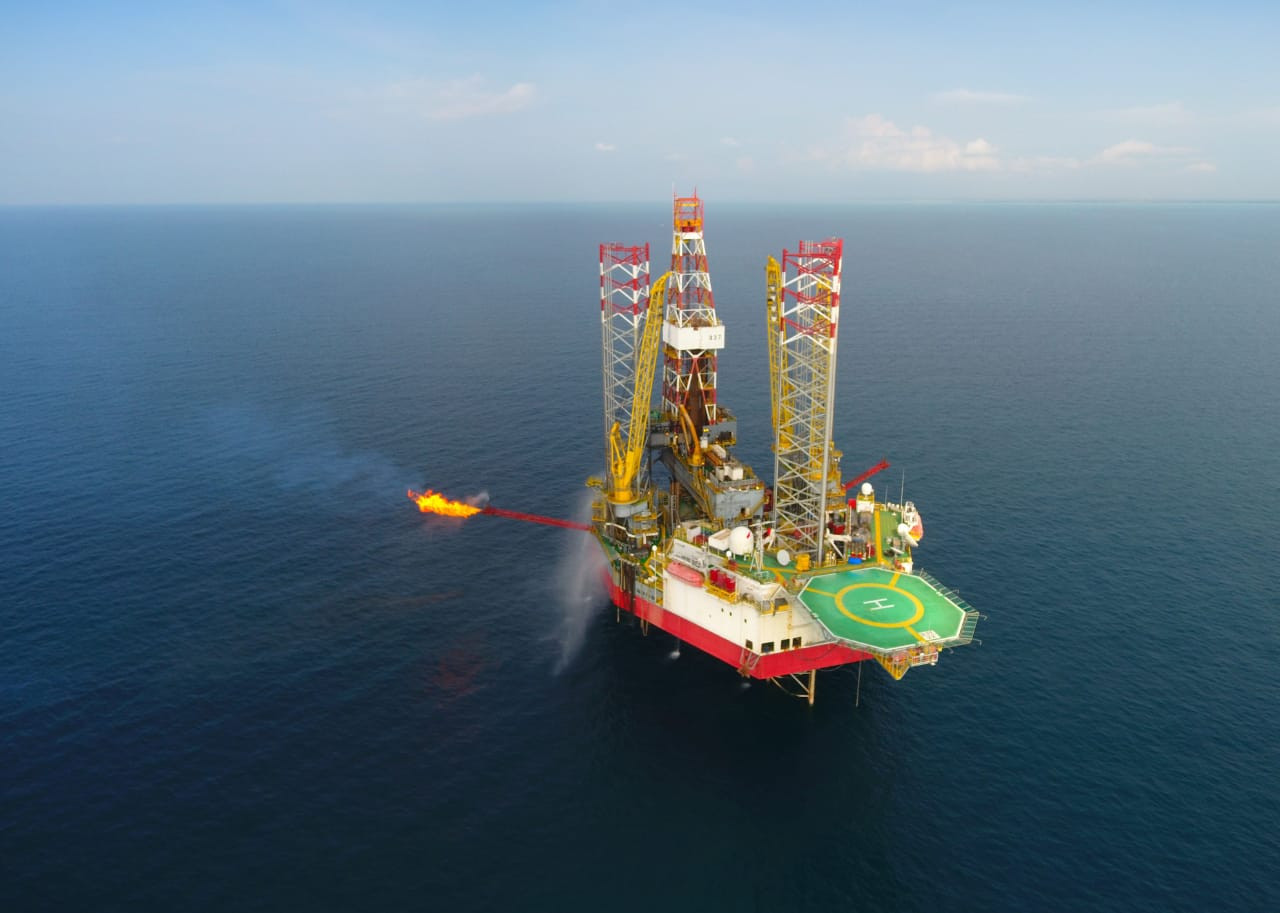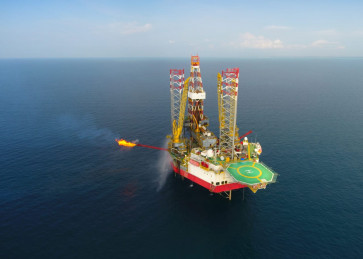Popular Reads
Top Results
Can't find what you're looking for?
View all search resultsPopular Reads
Top Results
Can't find what you're looking for?
View all search resultsImporting LNG could hamper energy transition, self-sufficiency, critics say
Importing liquefied natural gas (LNG) may be a costly and destabilizing strategy for emerging economies like Indonesia, undermining efforts to adopt renewable energy and achieve energy self-sufficiency, experts say.
Change text size
Gift Premium Articles
to Anyone
I
mporting liquefied natural gas (LNG) may be a costly and destabilizing strategy for emerging economies like Indonesia, undermining efforts to adopt renewable energy and achieve energy self-sufficiency, researchers say.
“Exposure to volatile global LNG markets and US-dollar-denominated fuel prices has led to higher electricity prices and hurt the finances of state-owned enterprises [SOEs],” Sam Reynolds, a research leader at the Institute for Energy Economics and Financial Analysis (IEEFA), told The Jakarta Post on Wednesday.
He suggested that Indonesia’s new administration focus on speeding up the adoption of renewable energy through policy reforms to resolve procurement barriers, which were the stumbling block standing in the way of renewables development in Indonesia.
If the country opted to import LNG in the future, it should keep such shipments to a minimum, Reynolds suggested.
Read also: Indonesia may become LNG importer, association says
LNG prices in Asian spot markets were roughly US$14 per million British thermal unit (MMBtu), Reynolds said.
He explained that, after adding in the cost of regasification infrastructure, this fuel price would likely translate to a power cost of approximately $145 per megawatt-hour (MWh).


















